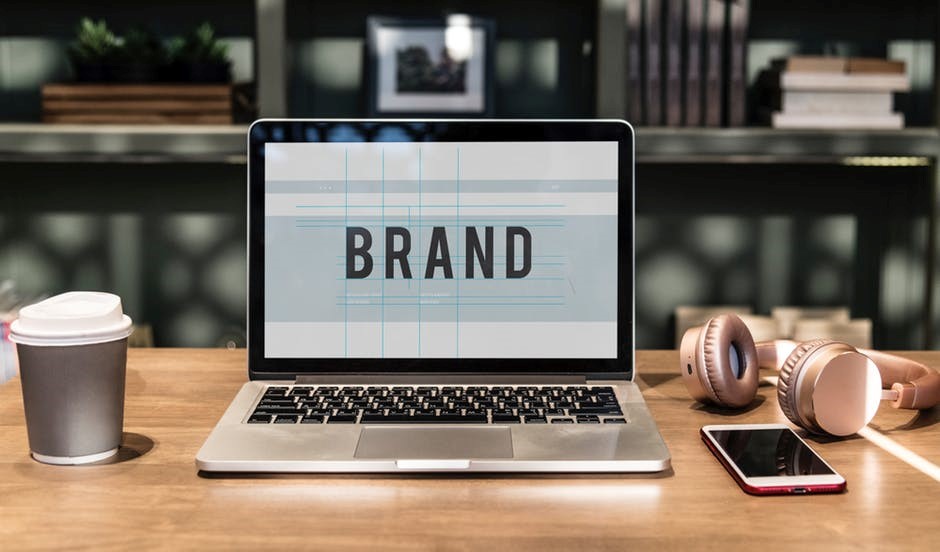The term private label branding refers to a practice whereby a company’s products are sold by a different company under another brand name. From private label protein shakes and makeup products to clothes and perfume, the world of private labelling is a massive business.
Many people are familiar with it for grocery items, such as breakfast cereals and ketchup, that are sold as a supermarket’s own brand products but are actually manufactured by a well-known supplier that also sells the products under its own brand name.

The manufacturer’s brand tends to be the best known since it usually benefits from a national marketing campaign that keeps it firmly in the public’s eye. Consequently, the private label versions are generally sold as budget products at a cheaper price.
The Many Benefits of Private Label Branded Products
Any retailers should seriously consider selling private label products since they offer a number of benefits that include:
- The ability to establish a range of own branded products, even though you don’t have the capability to manufacture them yourself. They avoid the need for setting up your own development, production, quality control and packing facilities, as the original manufacturer can handle all of that for you.
- Improved profit margins since you will be able to purchase the products cheaper than their branded equivalents. You’ll also be able to avoid the marketing and other costs, and offer your customers products at lower prices while still achieving a better margin.
- Increased sales overall from an increased product range. The lower cost base also adds scope to offer incentives to your sales team and still retain greater profitability.
- Better customer loyalty by offering something different and establishing a brand that they can relate to. Customers are more likely to stick with you if you are able to offer exactly what they need.
This type of arrangement also has benefits for the manufacturer. It enables additional products to be sold, makes better use of manufacturing and distribution facilities and means the marketing budget can be focused more precisely.
Depending on the deal you negotiate with the manufacturer, they can provide the products with your own brand labelling or free of any labels. You can then create your own design labels and attach them to each product to establish a consistent brand.
Plan and Prepare Before Making a Decision
Whilst private label branding has many attractions for a business, it’s not something you should leap into without serious consideration. Before committing yourself, you need to analyse your customers buying patterns and establish if they are likely to buy your own branded products. If they don’t, you won’t be able to return them and may be either left with unsold stock or have to sell them off at a loss.
You will have to place a minimum order quantity, which will generally be higher than for regular brands, so make sure you’re able to stock and sell them, especially if it’s time-limited stock. Check also any restrictions imposed by the manufacturer, such as not being able to place the private label products alongside their regular equivalents.
With all of that said; it is an area that can be extremely beneficial for your business so make enquiries and get started — slowly at first and then start gathering pace as the profitability builds up.

